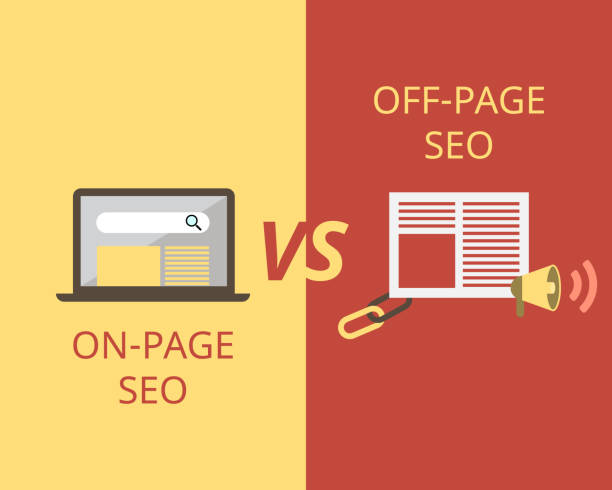SEO for Bloggers: A Foundation for Blogging Success
In today’s digital landscape, mastering SEO (Search Engine Optimization) is crucial for any blogger aiming to achieve success. By understanding and implementing effective SEO strategies, you can significantly boost your blog’s visibility, attract a larger audience, and establish your online presence. In this post, we’ll cover the foundational elements of SEO for bloggers, helping you build a solid base for long-term success.
Understanding SEO Basics
Keyword Research

Keyword research is the cornerstone of any successful SEO strategy. By identifying the right keywords, you can optimize your content to match what your audience is searching for. Use tools like Google Keyword Planner, Ahrefs, or SEMrush to find relevant keywords with high search volume and low competition. Incorporate these keywords naturally into your blog posts, titles, headings, and meta descriptions.
On-Page SEO

On-page SEO involves optimizing individual blog posts to improve their search engine rankings. Key aspects include:
- Title Tags: Craft compelling and keyword-rich titles.
- Meta Descriptions: Write concise meta descriptions that accurately describe your content and include your primary keywords.
- Headings (H1, H2, H3): Use headings to structure your content and make it easier for search engines to understand.
- Internal Linking: Link to other relevant posts on your blog to keep readers engaged and improve your site’s SEO.
- Image Optimization: Use alt tags and descriptive filenames for images to enhance search engine visibility.
Quality Content
High-quality content is essential for SEO success. Search engines prioritize content that provides value, is well-researched, and is engaging. Focus on creating informative, original, and relevant posts that address your audience’s needs and interests. Consistently updating your blog with fresh content also signals to search engines that your site is active and valuable.
Advanced SEO Techniques
Backlink Building

Backlinks, or inbound links from other websites to your blog, are a critical factor in SEO. They signal to search engines that your content is credible and authoritative. To build backlinks, consider:
- Guest Blogging: Write guest posts for reputable sites in your niche.
- Outreach: Reach out to bloggers and influencers to share your content.
- Content Promotion: Share your posts on social media and online communities to increase visibility.
Mobile Optimization

With the increasing use of mobile devices, ensuring your blog is mobile-friendly is crucial. Responsive design, fast loading times, and easy navigation are essential elements of mobile optimization. Google prioritizes mobile-friendly sites in its rankings, so this can significantly impact your SEO.
Technical SEO

Technical SEO involves optimizing the backend of your blog to improve its performance and ensure search engines can crawl and index your site effectively. Key aspects include:
- XML Sitemaps: Submit an XML sitemap to search engines to help them understand your site structure.
- Robots.txt: Use the robots.txt file to control which pages search engines should crawl.
- SSL Certificates: Ensure your site is secure by using HTTPS.
- Page Speed: Optimize images, use caching, and minimize code to improve page load times.
Final Thoughts
SEO is an ongoing process that requires time, effort, and a willingness to adapt to changing algorithms and trends. By mastering the basics of keyword research, on-page SEO, and content creation, and by exploring advanced techniques like backlink building and mobile optimization, you can lay a strong foundation for your blogging success. Stay committed to learning and refining your strategies, and you’ll see your blog’s visibility and audience grow.













